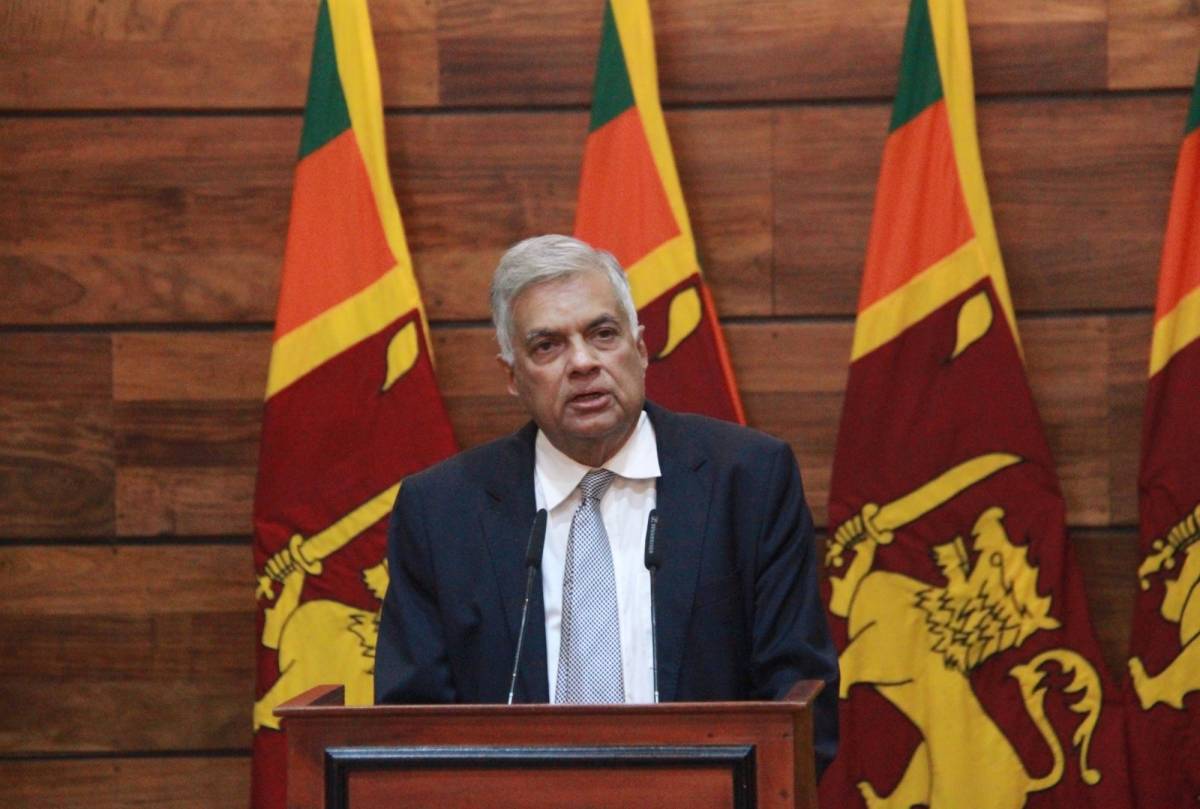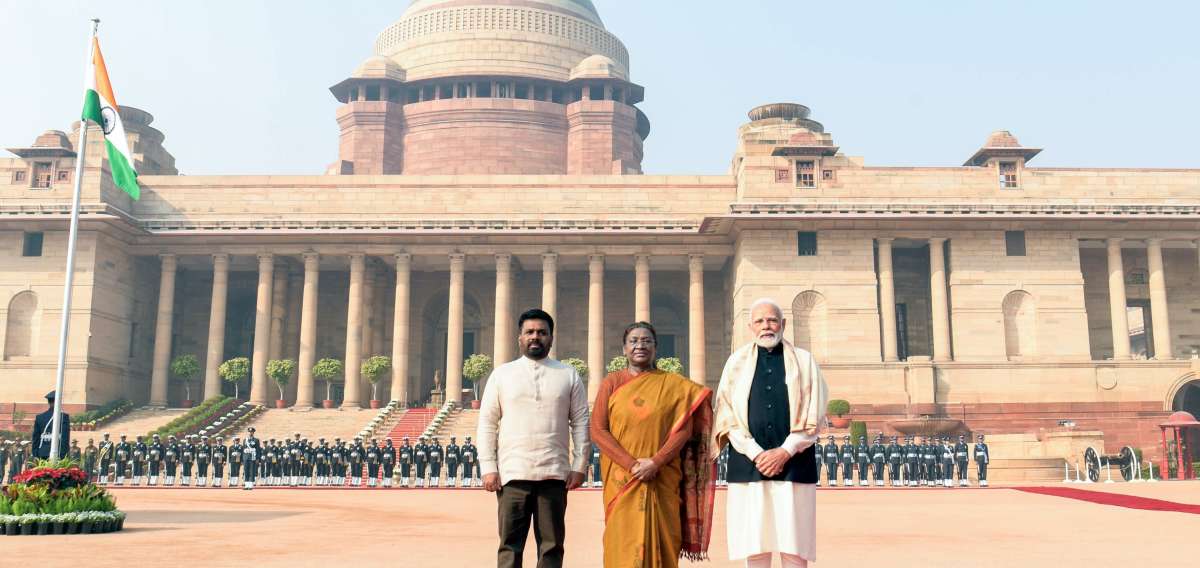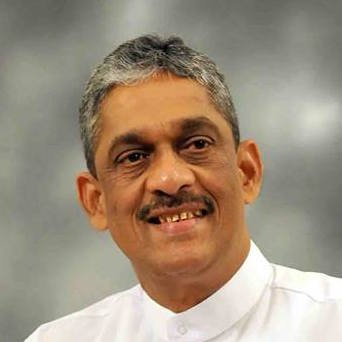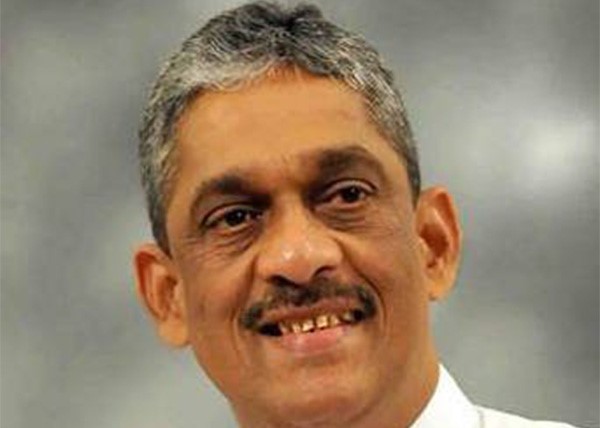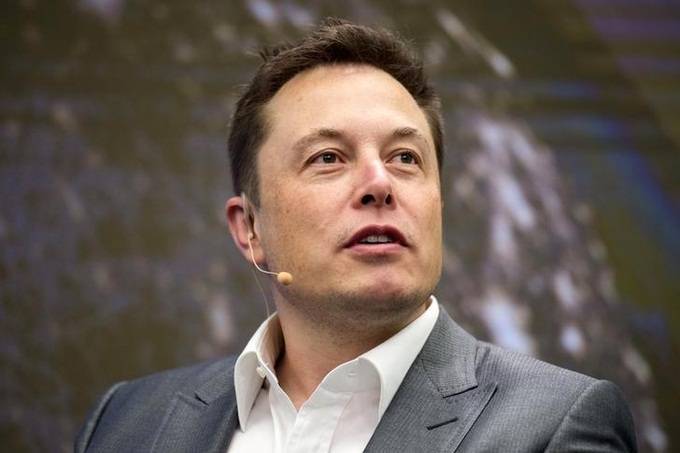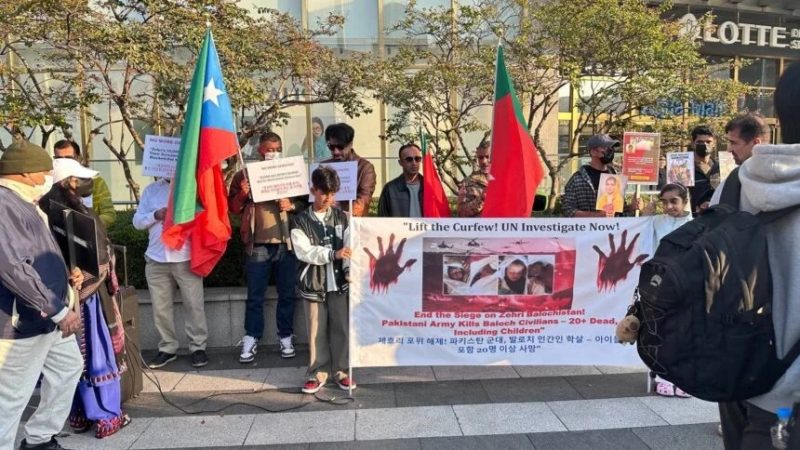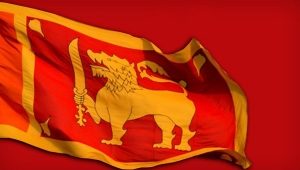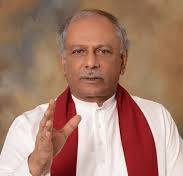Wickremesinghe stressed that the issues faced by the Indian origin Tamils would be gradually solved as the government resolves the ethnic issue in the country…reports Asian Lite News
Sri Lanka President Ranil Wickremesinghe has assured to ensure Indian origin Tamil community in the hill country same facilities as other communities in the country.
Wickremesinghe also promised to appoint a committee to seek how best to integrate the Indian origin Tamils of hill country further into the Sri Lankan society.
The President on Sunday said this while attending an event in Colombo to accept a consignment of medicine donated by the Union Territory of Puducherry and people of India on the request of Ceylon Worker’s Congress (CWC), a leading political party representing the Indian origin Tamils in central hills.
Wickremesinghe stressed that the issues faced by the Indian origin Tamils would be gradually solved as the government resolves the ethnic issue in the country.
The consignment of medicine from India received by CWC in memory of its founder, the late Saumyamoorthi Thondaman, who passed away 23 years ago on October 30.
Thondaman’s great grandson, Jeewan Thondaman, CWC Secretary General and MP, handed over the stock of medicine to the President.
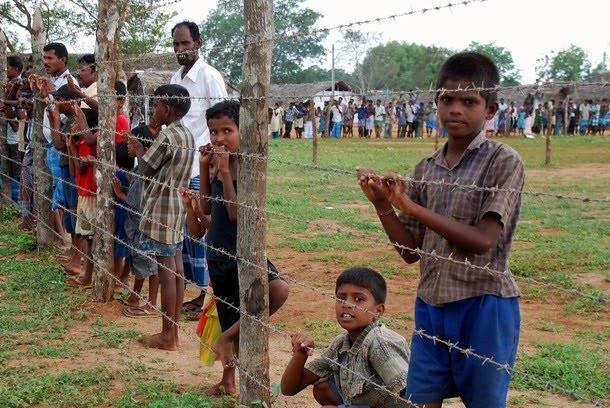
The President appreciated the service rendered by late Thondaman and said through non-violence he achieved citizenship for all the people of Indian origin, who stayed back after the Sirima-Shastri Pact.
“He got citizenship for some people who should have gone under Sirima-Shastri Pact but decided to stay back in Sri Lanka.”
British colonial leaders, brought people from Tamil Nadu to work in tea, coffee and coconut plantation and by 1948 the population was about 12,000, a nearly 15 per cent of the total population in the then Ceylon. The majority Sinhalese, who resented the increase in Indian origin Tamils in the island, demanded the successive government to send them back.
The government granted citizenship to nearly 5,000 under Ceylon Citizenship Bill but nearly 700,000 or about 11 per cent of the population remained stateless.
On October 30, 1964, then Prime Ministers of India and Ceylon, Lal Bahadur Shastri and Sirimavo Bandaranaike, inked the Sirima-Shastri Pact or the Indo-Ceylon Agreement to grant citizenship to nearly 300,000 Indians and to repatriate around 525,000 to India and to negotiate on the citizenship of the rest of 150,000.
The issue of stateless for the community remained a major problem until it was resolved in 2003 granting citizenship to all Indians who had been living in Sri Lanka since the time of the Sirima-Shastri Pact was signed.
However, the community had been facing various issues, including land, proper wages, medicine and education and they had been denied of some of the benefits enjoyed by other communities.
President Wickremesinghe, who assured same facilities to those in the community, said that education and health issues would be attended by developing schools and taking hospitals which are under plantation sector under the government.
He also promised to provide land to build houses of their own, like other communities in the island nation.


